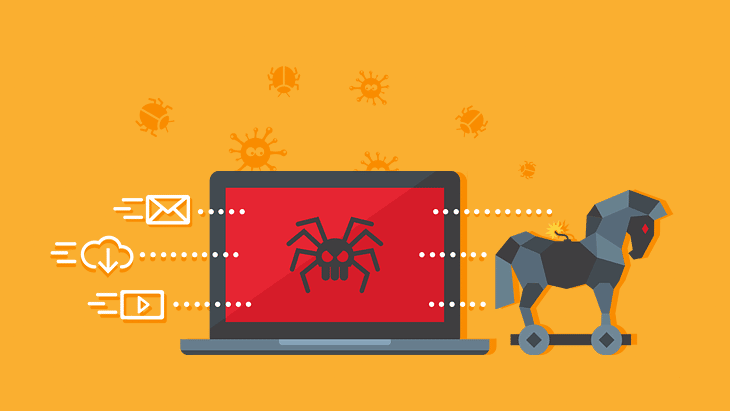It is important for businesses to be on the lookout for any efforts to infiltrate their networks. Malicious malware may be rapidly identified and prevented from entering a company’s network by doing regular network scans. Both viruses and worms may be used to infiltrate computers and steal data, or they can be used to alter or erase crucial data that is sent via different communication routes. Because prevention is considerably simpler than cure, many businesses are making investments in security and software technologies to guard against such assaults.
Many firms may only be targeted by a one-time assault that is not aimed to get access to a network’s unique data. However, high numbers of users visiting a website might trigger an assault known as traffic flooding. A corporation’s network is still accessible in the same way that it was before. An infected hyperlink will be created on a site and subsequently, thousands of malicious emails will be sent to a host server as a result.
Companies Can Prevent Network Attacks
Because of today’s advanced and strong technology, enterprises are able to avoid network intrusions. Sophisticated networking infrastructures are very durable nowadays because of the advances in networking technology. It is possible for them to endure a debilitating onslaught from a more evolved group of people. In order to protect their systems and their clients’ services and data, organizations should be aware of the ways in which they may defend themselves.
A Trojan or worm is installed on a target computer when an intruder launches a network assault. It’s possible that these payloads might interfere with the host system’s performance, or damage data files and services. The primary goal of these assaults is to obtain exposure to important network data and IT assets. Effective network security solutions and apps are the strongest defense against such assaults. All servers should have integrity checks performed before they are allowed to communicate via the Internet is still among the most prevalent methods of preventing network attacks. This is a basic yet crucial part of securing a network. It has the ability to find and correct any erroneous link, empty, or illegitimate configuration items.
Every server should be inspected once a week at the very least to ensure that it is not exposed. Antivirus and firewall applications may also be used to protect your network against cyberattacks. Each machine’s contents are scrutinized in great depth in order to uncover any security risks. If danger is discovered, it should be either prevented or eliminated. Antivirus software can’t keep up with the number of malicious programs that are out there, and they may easily get past firewalls.

